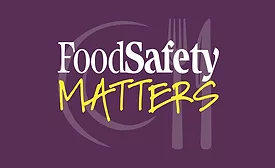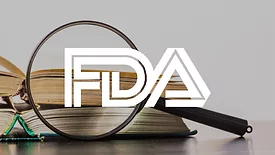Regulatory
Court Ruling Closes Loophole Exempting UPFs from GMO Ingredient Labeling Rule
The court also ruled that QR code-only disclosures are unlawful.
January 9, 2026
Never miss the latest news and trends driving the food safety industry
Newsletters | Website | eMagazine
JOIN TODAY!Copyright ©2026. All Rights Reserved BNP Media.
Design, CMS, Hosting & Web Development :: ePublishing











